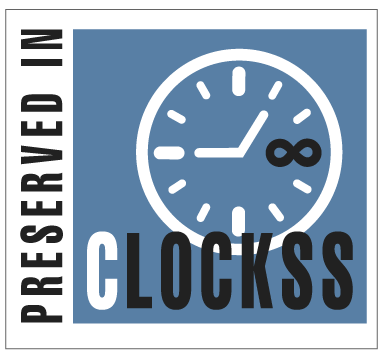Abstract
The purpose of this study was to examine the role of cortisol, and its relation to BMI in chronic diseases which may increase early cardiovascular disease (CVD) in old Iraqis. The subjects were 116 adults, aged 51-71 years. Body Mass Index (BMI), Waist Circumferences (WC), and Waist Hip Ratio (WHR) were used as measures of adiposity. Investigation showed a highly significant difference between patients in BMI ranges, with most males in the obese weight range (48.5%), as well as in females. There were no significant correlations between serum cortisol concentration and age in both gender groups. While there were highly significant correlations between cortisol level and BMI, waist, and WHR (except in female subjects), there were also highly significant correlations between cortisol level and SBP, DBP (mmHg) only in males. In both groups, total cholesterol concentration, FBS, and A1C were significantly correlated with serum cortisol. A negative correlation was observed between serum cortisol and HDL-C in men but not in women. In men, the results of cortisol with CV risk factors (dyslipidemia, D.M, hypertension, at least 2 risk factors, and three risk factors) show significant differences (p>0.0). In summary, there is a major association between cortisol levels, obesity, and chronic diseases. These conclusions promote the hypothesis that the opposing effect of adiposity on chronic diseases might be mediated by cortisol. This association could cause early development of cardiovascular diseases even in males.
Keywords
Cortisol, Body Mass Index, Chronic Diseases, Cardiovascular Disease
Article Type
Supplemental Issue
How to Cite this Article
Hassan, Ekhlas Abdallah; Al-Zuhairi, Wafaa Sh.; and Ahmed, Maryam A.
(2016)
"Serum Cortisol and BMI in Chronic Diseases and Increased Early Cardiovascular Diseases,"
Baghdad Science Journal: Vol. 13:
Iss.
2, Article 66.
DOI: https://doi.org/10.21123/bsj.2016.13.2.2NCC.0399








